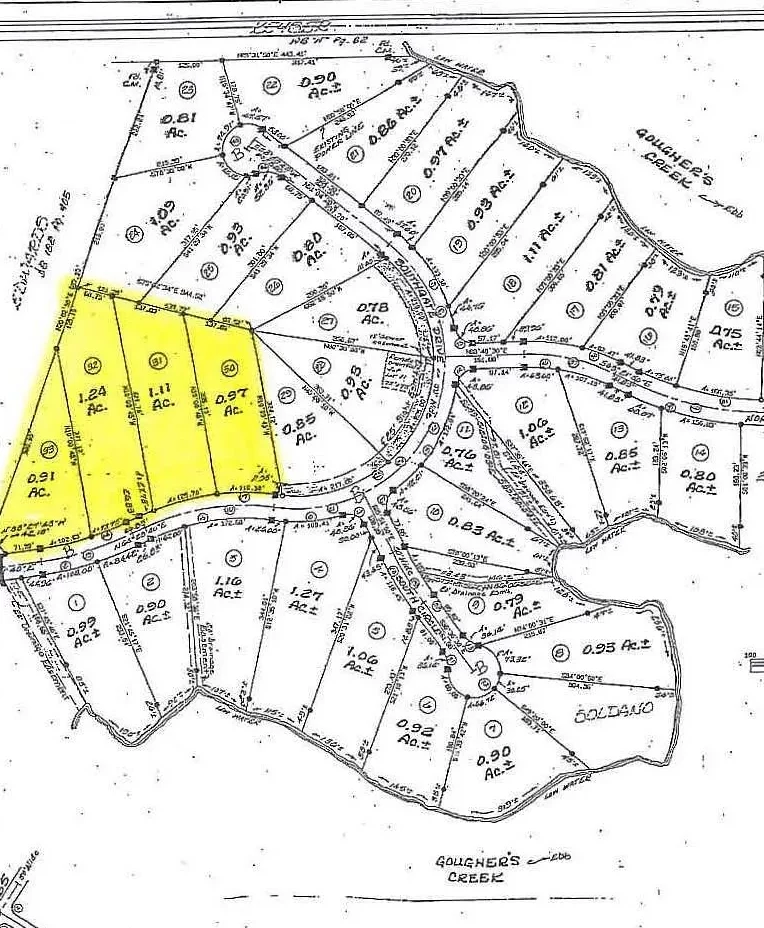
A person’s home is their castle is a common phrase – with the connotation that a person has to a right to do what they want with their real property.
While true in many respects, their ownership is limited by the deed that transfers ownership to them as well as any enforceable restrictive covenant imposed on the property prior to or during their ownership.
As defined by Black’s Dictionary a restrictive covenant is “a written agreement that limits the use of property for specific purposes and regulates the structures that may be built on it”.
The importance of restrictive covenants was recently outlined in Wells v. Beville, Record No. 210469 (unpublished order) March 31, 2022. (Please note, the case is currently up on an appeal from a judgment rendered by the Circuit Court of Pittsylvania County. VLW 022-6-020, 4 pp.). Parties sued due to the sale of a lot in a community. The covenants stated that if the owners of Lots 1 and 2 sold Lot 1, the purchaser must also buy Lot 2. The owners sold Lot 2, but did not sell Lot 1. An argument was made that they must be sold together. The court disagreed and found that the sale of Lot 2 constitutes a changed circumstance that defeats the purpose of the restrictive covenant.
As this case exhibited, it is always important to understand what the restriction does and does not do. Here, the covenant was written that if the owners of Lots 1 and 2 sold Lot 1, the purchaser must also buy Lot 2. The covenant did not say what happened if Lot 2 was sold first. Virginia law does not impose a reciprocal obligation on covenants. In other words, because the covenant did not say “Lots 1 and 2 must be sold together” or “if the owners of Lots 1 and 2 sold Lot 2, the purchaser must also buy Lot 1” the owner was allowed to sell the lots separately because they sold Lot 2 first.
The law surrounding real estate ownership and restrictive covenants is very specific. If you have questions regarding the restrictions in your property covenants, we would like to help. Please feel free to email us at info@wmmlegal.com or call us at (804) 423-1382 to set up an initial consultation.